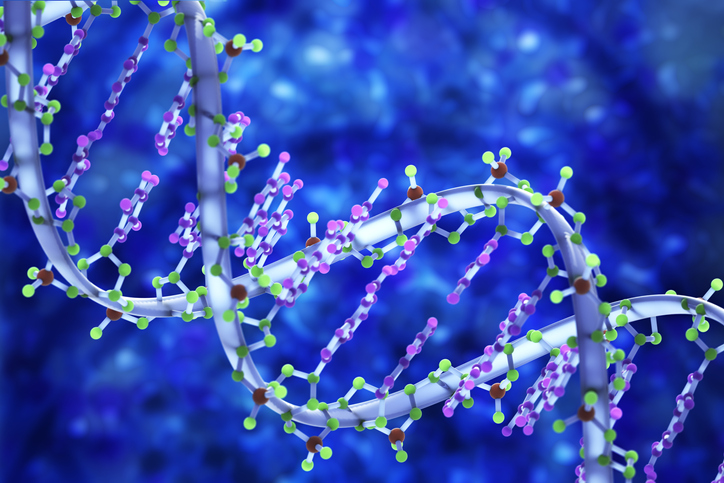A malaria vaccine being developed by GlaxoSmithKline (NYSE:GSK) has reduced the malaria risks to children in Africa by half, according to initial phase 3 clinical trial results announced today.
The trial results for the vaccine candidate RTS,S were published online today in the New England Journal of Medicine. The results were also announced at the Malaria Forum hosted by the Bill & Melinda Gates Foundation in Seattle, Washington.
About half of the world’s population is at risk of contracting malaria, which is responsible for an estimated 800,000 deaths annually. Most of those deaths are in children under 5 years old in sub Saharan Africa.
“These data bring us to the cusp of having the world’s first malaria vaccine, which has the potential to significantly improve the outlook for children living in malaria endemic regions across Africa,” GSK CEO Andrew Witty said in a prepared statement. “The addition of a malaria vaccine to existing control interventions such as bed nets and insecticide spraying could potentially help prevent millions of cases of this debilitating disease.”
London-based GSK has its U.S. headquarters in Research Triangle Park, North Carolina. For the RTS,S phase 3 trial, GSK studied 15,460 children in two groups: ages 6 to 12 weeks and ages 5 to 17 months. Analysis of the first 6,000 children ages 5 to 17 months showed that over 12 months, three doses of RTS,S reduced the risk of clinical malaria by 56 percent; risks for severe malaria were reduced by 47 percent. GSK said the phase 3 results are in line with results from phase 2 studies.
A study in infants 6 to 12 weeks old is still ongoing. Results are expected by the end of 2012. That study is evaluating RTS,S for both clinical and severe malaria.
The vaccine is being developed through a partnership between GSK and the PATH Malaria Vaccine Initiative (MVI), working with research centers in Africa. The Gates Foundation has funded clinical development of the vaccine through $200 million in grants to the MVI. GSK has invested $300 million in the vaccine candidate and expects to spend between $50 million and $100 million more, Forbes reported.
While the malaria market is a large one, it will not be a lucrative one. GSK has said that if the vaccine is approved, the company will charge a price that covers the cost of manufacturing with a small return of just 5 percent that will be reinvested in R&D for second-generation malaria vaccines or vaccines against other neglected tropical diseases.
Depending on safety and efficacy data from the phase 3 studies, the World Health Organization has indicated that a policy recommendation for the RTS,S malaria vaccine could come by 2015.














